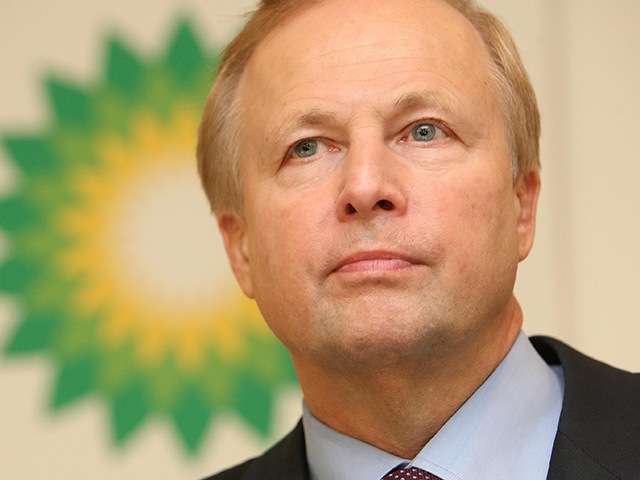
BP’s chief executive, Bob Dudley, faced fresh backlash over his pay packet.
Dudley’s £8.6million pay package, which was up by 25% in 2014, will be voted on at its annual general meeting this month.
However, ShareSoc has joined a list of advisers all telling members to vote against the remuneration report resolution.
In a statement the firm said: “We consider the pay of the CEO to be simply too high, and particularly so in a year when the company suffered a record loss of $6.4billion in 2015. Even so his pay went up by 20%. Part of the reason for the high pay was the excessively complex remuneration scheme.”
ShareSoc said it disagreed with remuneration chair’s verdict that the “pay structure is relatively simple”.
Cliff Weight, ShareSoc spokesman on remuneration issues, said: “If you want to be simple, then it would be much better to say that the maximum bonus is 375% of salary, of which 20% is paid in cash, 40% is paid in deferred shares with no performance conditions, other than clawback, and a further 40% is subject to satisfactory safety and environmental sustainability performance. The BP explanation of 225% of salary maximum bonus, deferred bonus, discretionary deferred bonus and potential matching payments is confusing and adds complexity, in my view.”
“Making bonus pensionable for the CEO adds enormous complexity”, the firm added. Dudley is 60-years-old with 36 years’ service. According to SharSocc, his pension is based on his final salary which includes the average of the best three consecutive years of bonus in the last 10 years of service. The problem with making bonus pensionable is that it creates far too large an incentive for short-term performance.
Weigh added: “By my calculations, the CEO’s accrued pension is nearly $2.5 million per annum, which means that the transfer value of the accrued pension could be about $35million.”
Two other advisers have also recommended shareholders vote down the pay packet. Read more here.